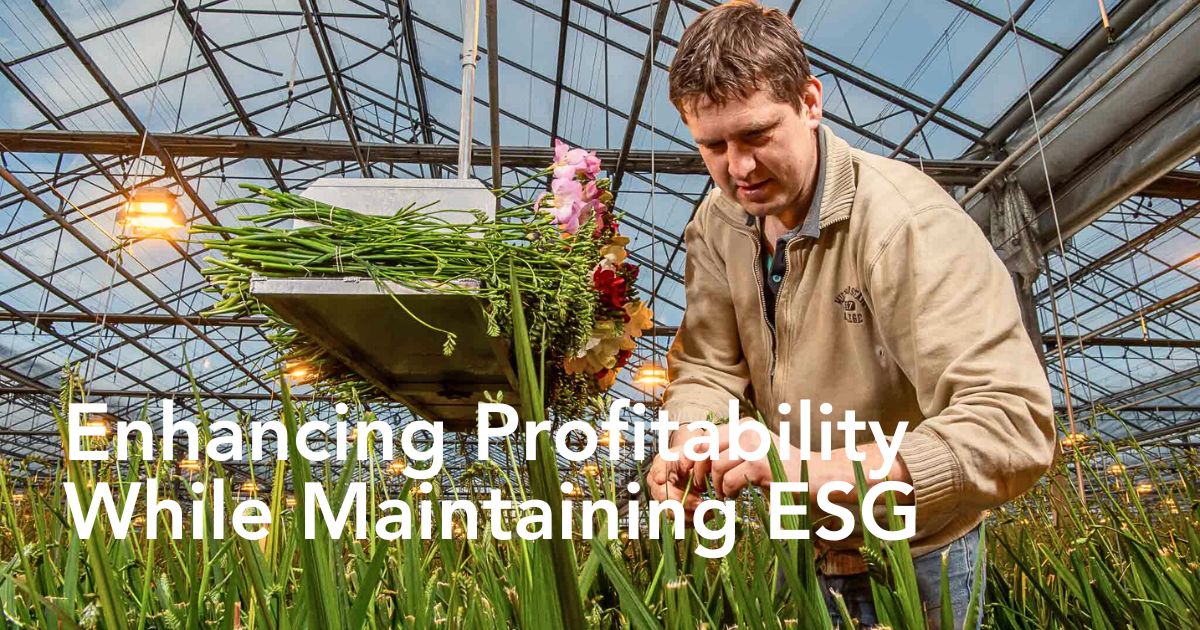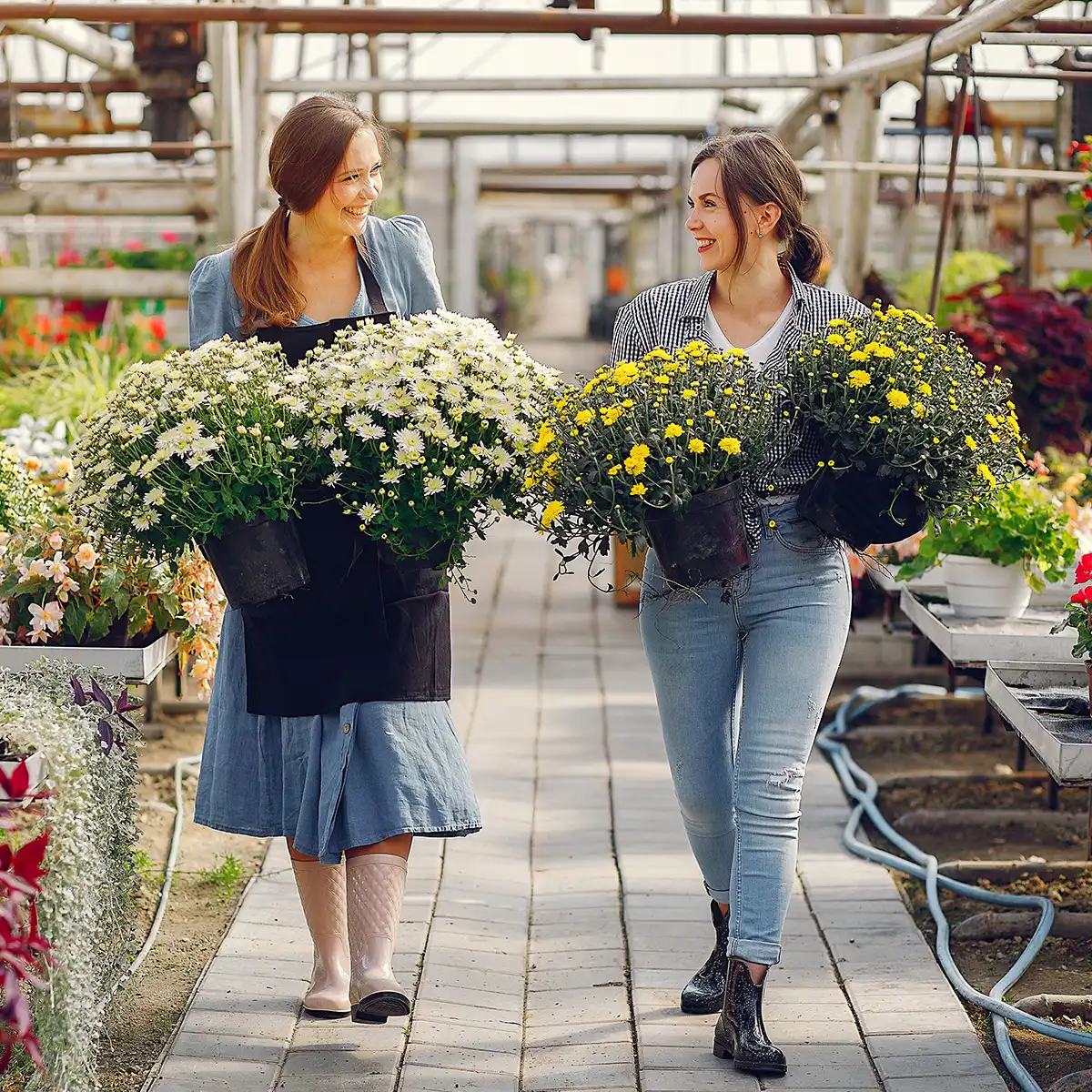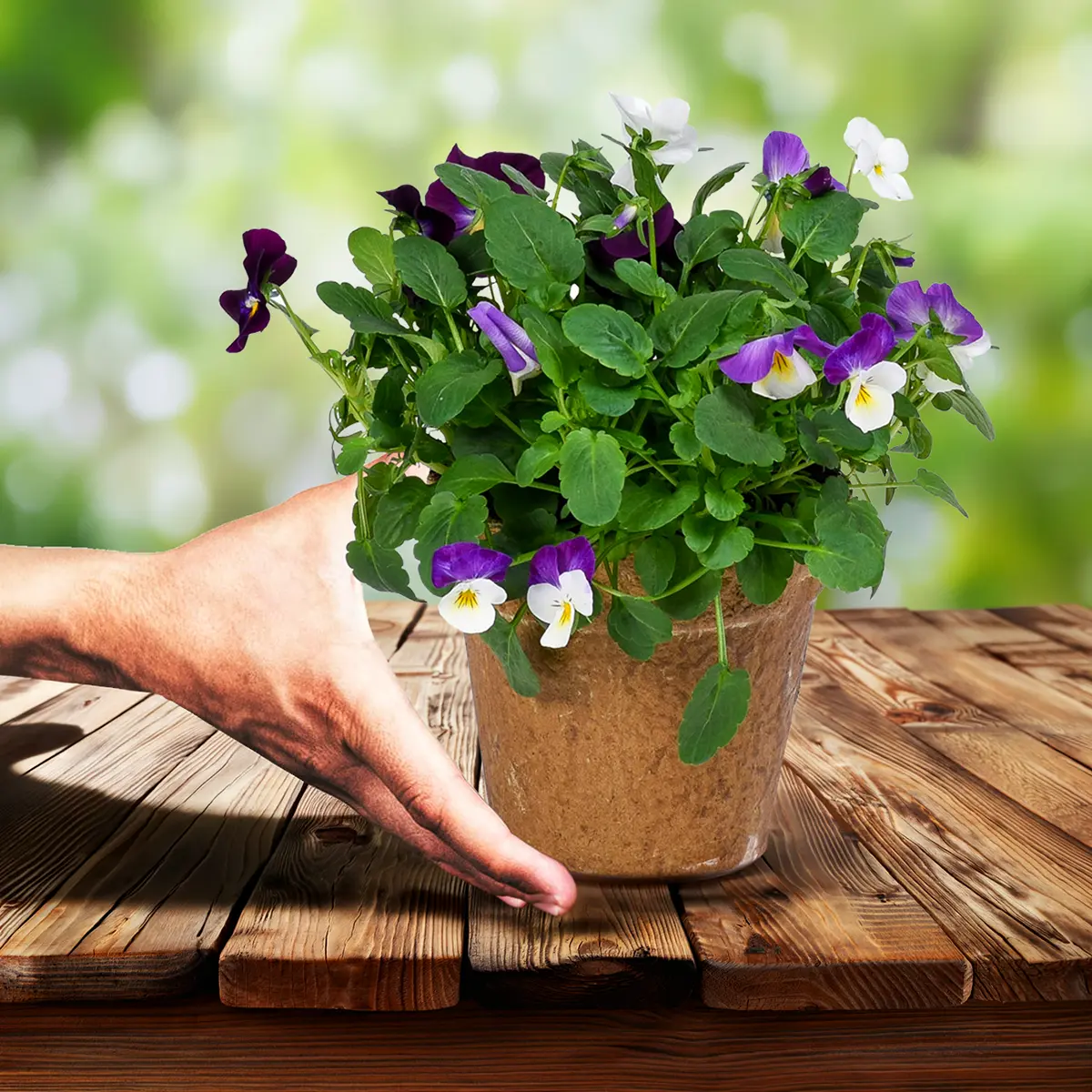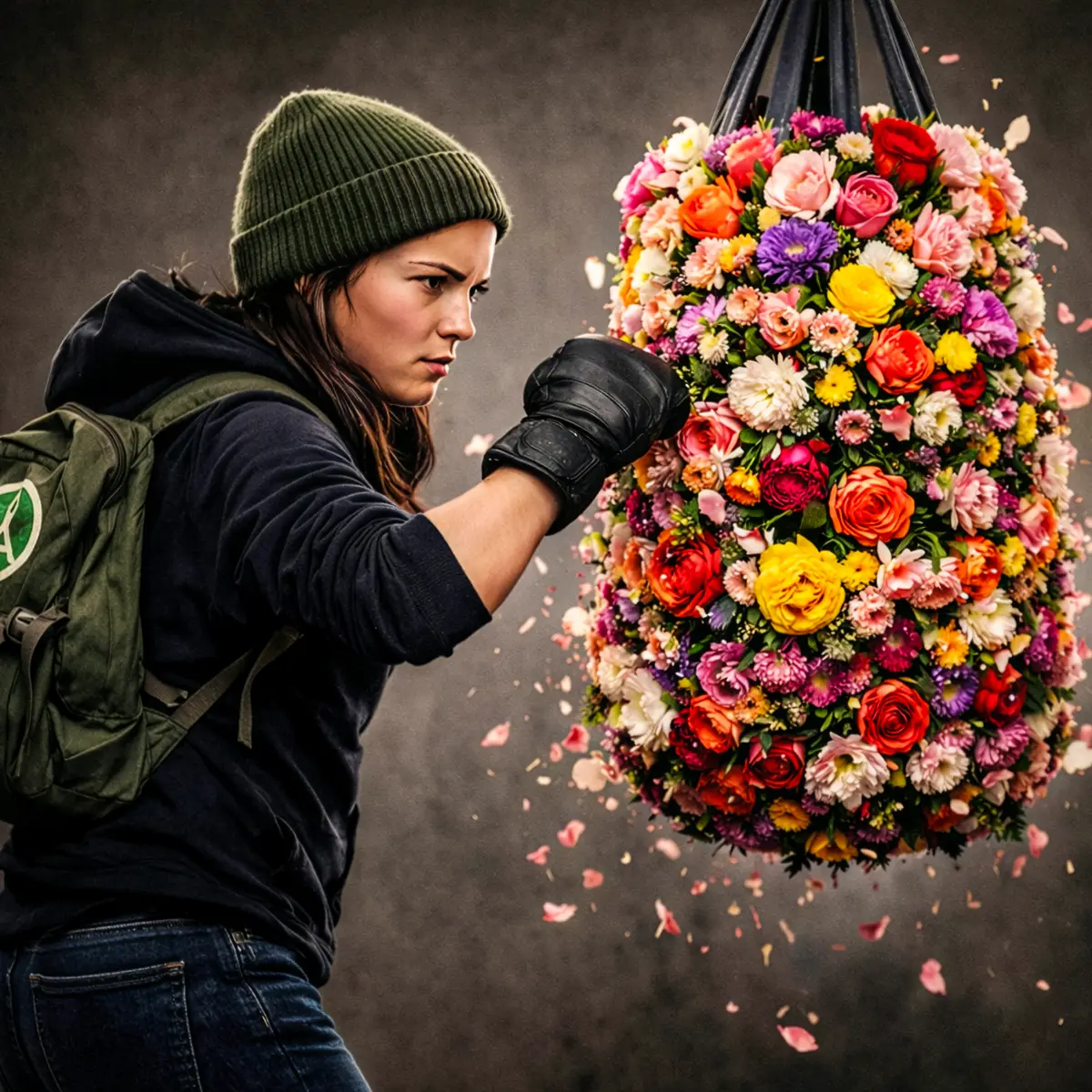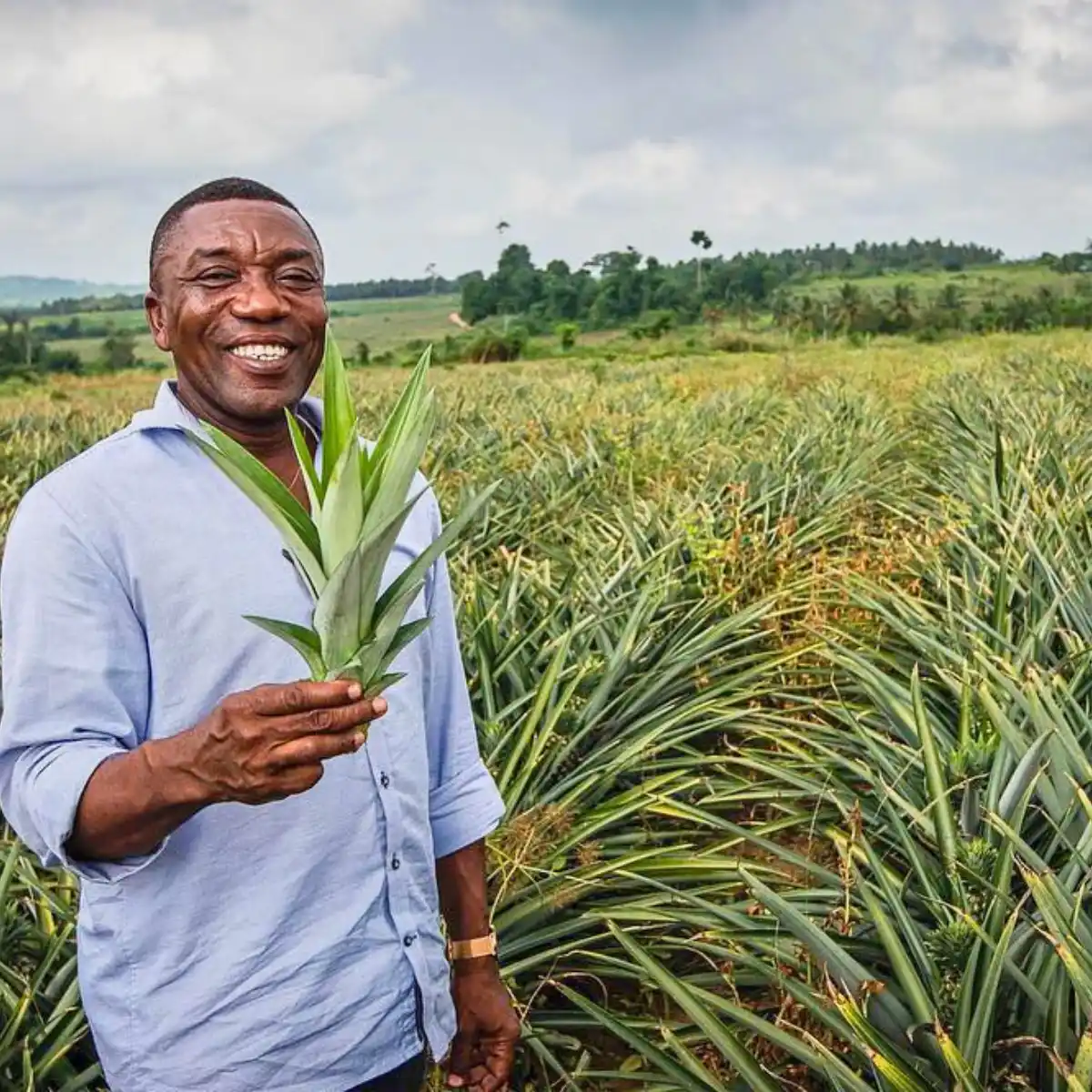The floriculture sector is navigating a mix of challenges. Think of climate change, evolving consumer preferences, and increasingly stringent regulations. Consequently, the adoption of economically sustainable practices is becoming even more essential for this industry’s long-term success. Economic sustainability represents an important shift from traditional profit-focused approaches to a more balanced model that harmonizes financial viability with environmental management and social responsibility. Since the industry sits at the intersection of agriculture, commerce, and aesthetic value, it presents both challenges and opportunities to demonstrate how this ideal can drive innovation while ensuring the sector remains resilient in the face of mounting environmental and social pressures. So, what is economic sustainability? Why is it so important?
Understanding Economic Sustainability in the Flower Industry
In its broader scope, economic sustainability fundamentally differs from conventional economic growth models exclusively focused on sales and profit generation. Instead, it adopts practices designed to create long-term economic development while effectively managing business operations' environmental, social, and cultural dimensions. Unlike traditional economic models that prioritize short-term gains, it emphasizes balance: generating revenue without depleting natural capital, promoting fair labor practices, and contributing positively to communities.
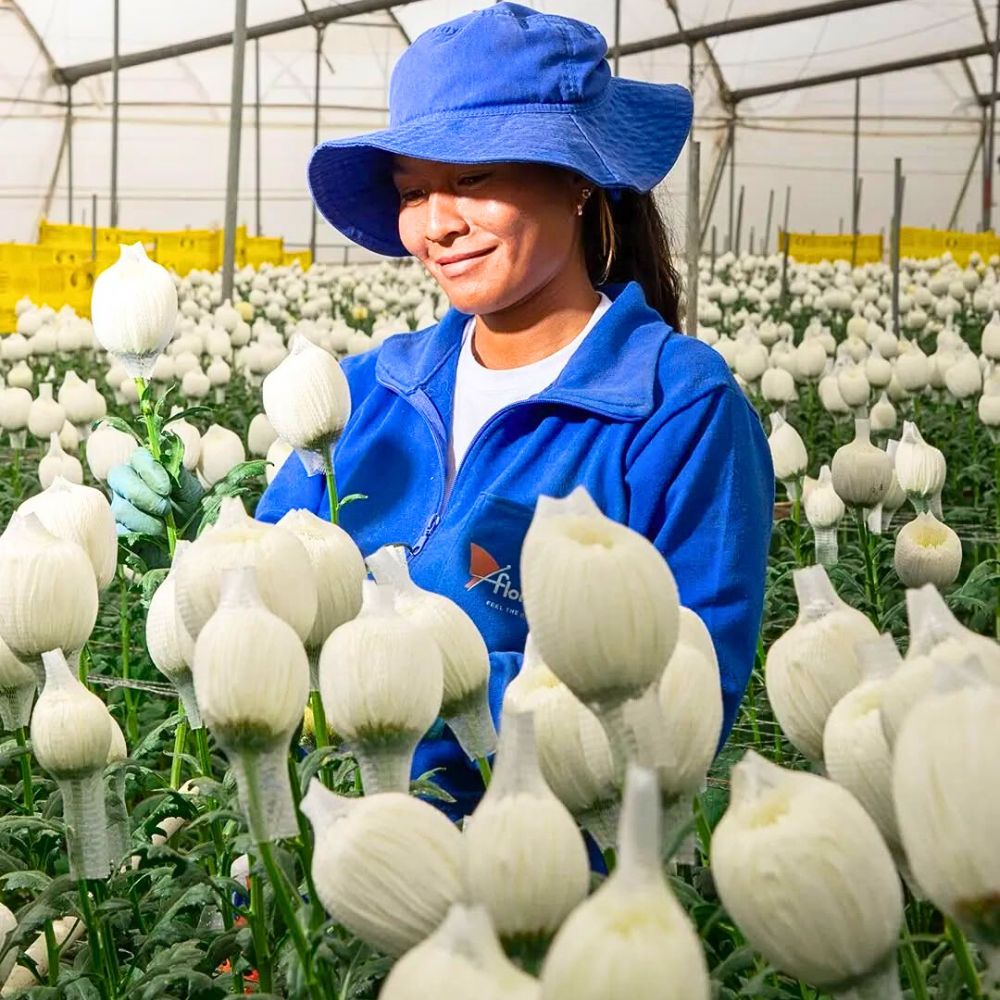
Economic sustainability in the context of floriculture refers to the financial viability of flower businesses while implementing environmentally and socially responsible practices. As one of the three interconnected pillars of sustainability, economic sustainability ensures that growers can maintain profitability while adopting greener methods and ethical practices. It is all about adopting practices that reduce costs and enhance profitability while maintaining rigorous environmental and social standards. In more practical terms, it involves optimizing resource use—water, energy, and raw materials—to reduce waste and costs. It also entails creating resilient supply chains that can withstand disruptions like climate events, market volatility, or geopolitical shifts.
Still, yet, this means reimagining production methods, trade relationships, and consumer engagement through a lens of long-term viability, recognizing that flower businesses cannot achieve sustainable growth if they exhaust the natural or human resources upon which they depend. Therefore, it emphasizes the crucial balance between profit generation and responsible resource management. Crucially, however, this concept that recognizes that sustainable practices must be economically feasible to be widely adopted and maintained in the long term, demands inclusivity, ensuring that all stakeholders—from producers and growers to workers, distributors, and consumers—benefit equitably.
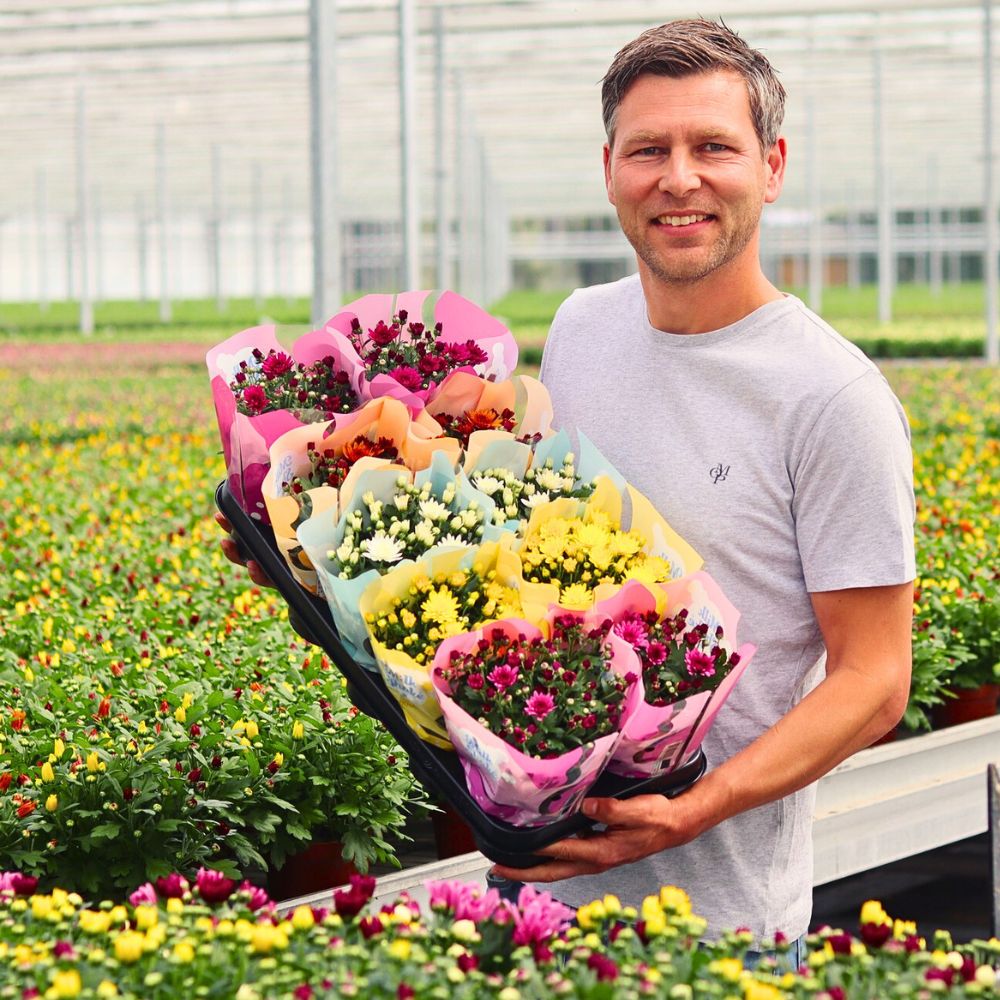
Economic sustainability in the flower sector likewise acknowledges that floriculture businesses today can no longer harm the environment or communities, to deliver ongoing economic growth, as such practices ultimately create conditions that destabilize the very context in which these businesses operate. Instead, economically sustainable floriculture operations assess their practices to identify inefficiencies that can lead to cost savings while reducing environmental impact. When they incorporate better social practices, floriculture companies also experience benefits such as reduced employee turnover and enhanced brand reputation, which demonstrates how, beyond the traditional profit metrics, economic sustainability creates multiple means to business success.
In its general scope, economic sustainability has gained further legitimacy through its incorporation into the United Nations Sustainable Development Goals (SDGs), which provide a comprehensive roadmap for countries and businesses to create lasting sustainable growth. This global framework recognizes that economic development cannot occur in isolation from environmental protection and social equity, a notion that reinforces the interconnected nature of these elements. Aligning with these principles means ensuring financial viability while simultaneously protecting ecosystems and supporting fair labor practices throughout operations and supply chains.
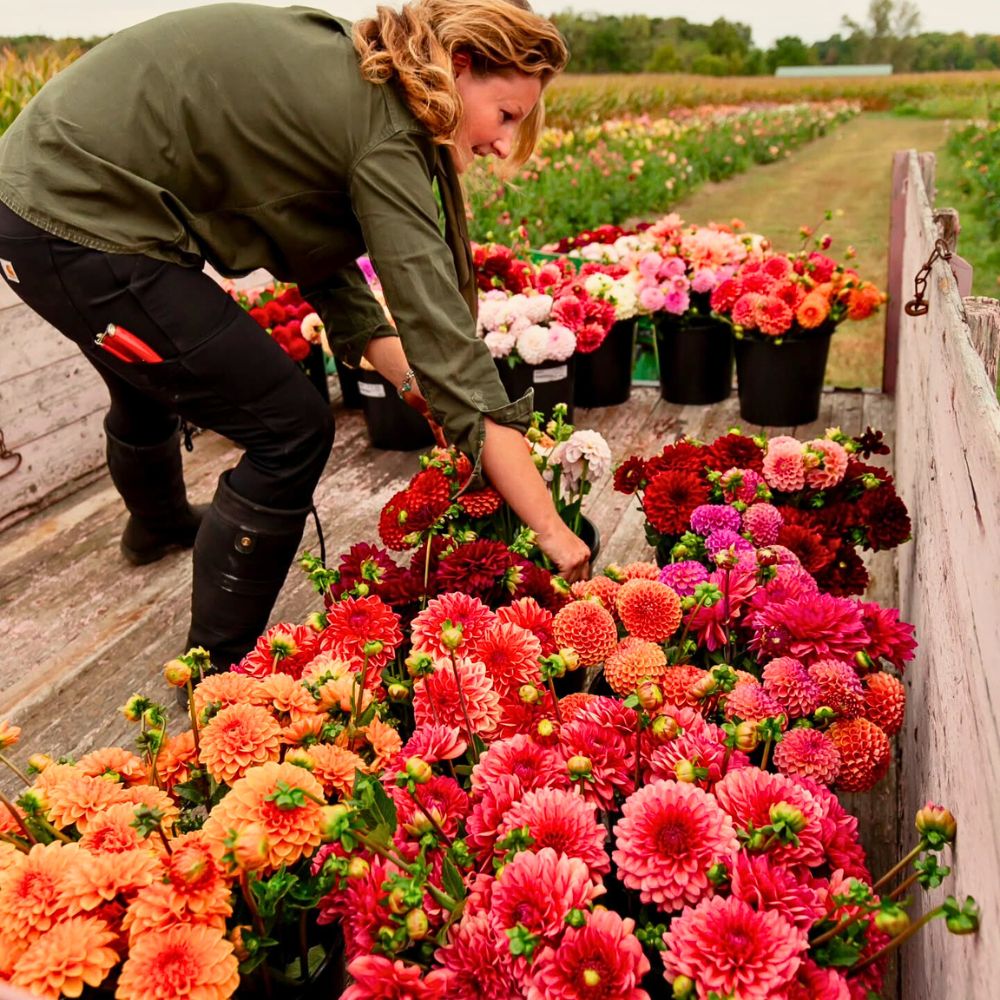
Economic Sustainability in the ESG Framework
Within the Environmental, Social, and Governance (ESG) framework, economic sustainability constitutes a crucial dimension that examines how flower business practices impact both company financial performance and broader economic systems. The ‘Economic’ pillar (generally aligned with ‘Governance’) focuses on ethical business operations, financial transparency, and risk management. But more than that, economic sustainability expands this focus by integrating environmental and social considerations into economic decision-making.
For instance, a floriculture company keen on economic sustainability under ESG might invest in renewable energy to power greenhouses (Environmental), implement fair wages and safe working conditions for laborers (Social), and adopt transparent accounting practices to attract ethical investors (Governance). When they align with the ESG principles, businesses not only mitigate risks but also enhance their access to green financing or premium markets for sustainably certified products.
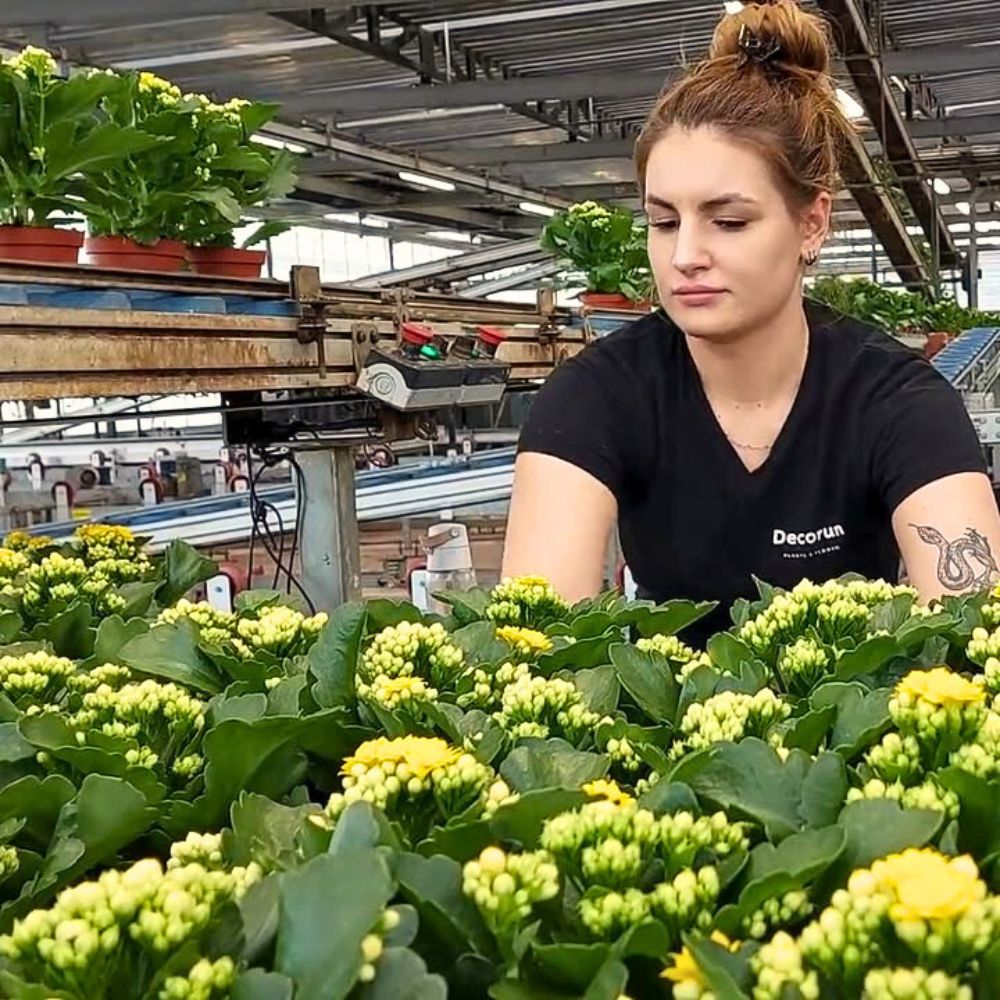
The economic component of ESG also encompasses financial stability and resource efficiency—all essential elements for floriculture businesses seeking to thrive in an increasingly sustainability-conscious marketplace. This dimension recognizes the growing relationship between sustainable business practices and financial resilience, acknowledging that companies that adopt responsible approaches may better manage risks and achieve more stable long-term financial outcomes.
Extending beyond regulatory compliance, the economic rewards of strong ESG practices in floriculture further incorporate reducing resource consumption and waste, meaning that flower businesses can realize significant cost savings that directly improve their financial performance. Energy-efficient technologies and renewable energy sources, for instance, diminish operational expenses while simultaneously reducing environmental impact. Similarly, waste reduction and recycling initiatives conserve resources and generate savings that contribute to enhanced profitability. Such practical applications demonstrate how economic sustainability within the ESG framework creates business advantages while advancing broader sustainability objectives.
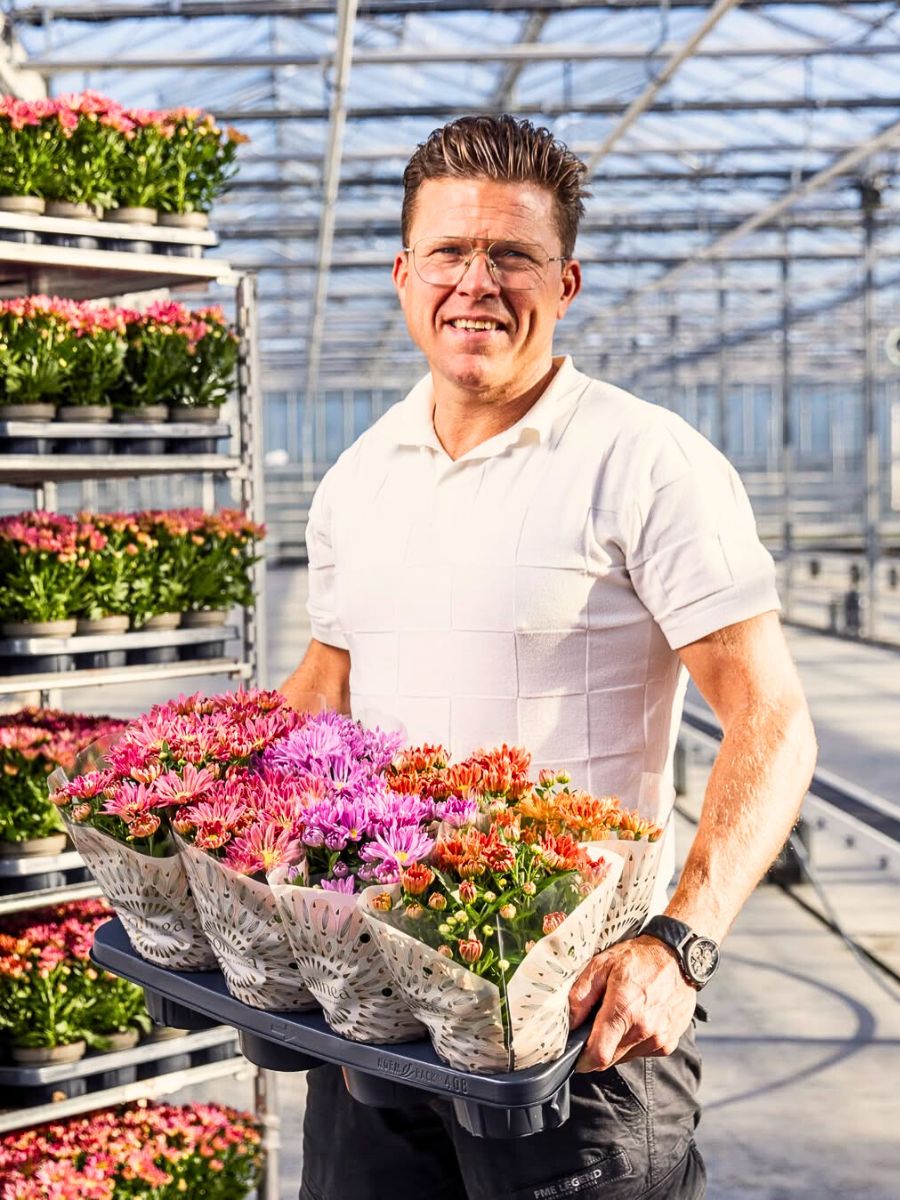
Furthermore, the economic dimension of ESG encourages floriculture businesses to consider the long-term impacts of their operations, promoting more stable financial performance through proactive risk management. Floriculture industries with robust ESG practices often demonstrate greater resilience against market volatility and resource scarcity, which suits them for sustained success even amid challenging conditions. Additionally, research suggests that businesses with strong sustainability credentials may more effectively attract and retain talented employees, contributing to overall organizational performance and competitive advantage in a sector where skilled labor remains essential despite technological advances.
The Importance of Economic Sustainability for the Floriculture Industry
Economic sustainability has become increasingly vital for the floriculture industry. It confronts different challenges that threaten conventional flower business models. Climate change, resource depletion, and shifting consumer preferences represent significant disruptions that require adaptive, forward-thinking responses. And, in such cases, embracing economically sustainable practices guarantees that flower businesses enhance their resilience while maintaining financial viability. This concept provides a proactive approach, enabling them to navigate different conditions more effectively than those adhering to traditional production methods that disregard sustainability considerations.
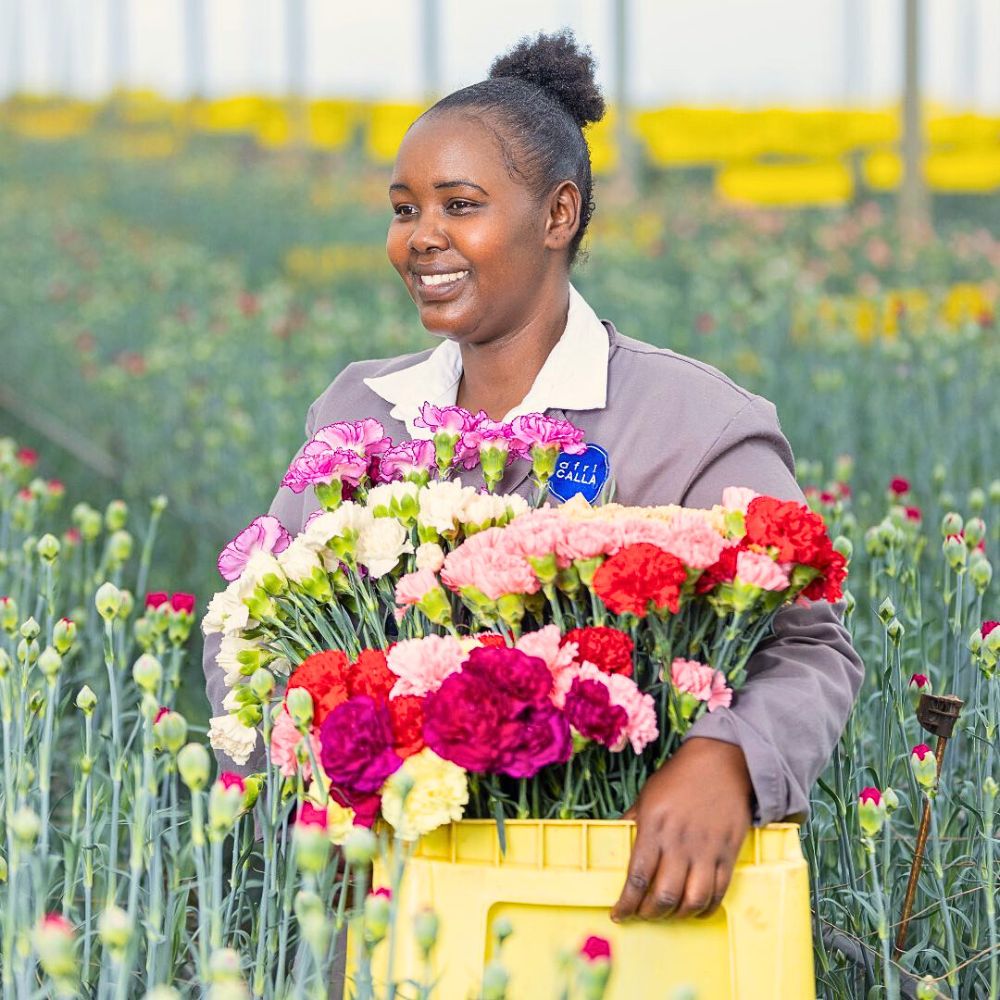
Secondly, consumer demand has become a powerful driver for economic sustainability in the floriculture sector. Today's increasingly environmentally conscious consumers demonstrate clear preferences for sustainably sourced products, with many willing to pay premium prices for flowers grown under responsible conditions. This shift in purchasing behavior means floriculture businesses must adapt their practices to meet their expectations or risk losing market share to more sustainable competitors. Retailers have responded to this trend by prioritizing suppliers who demonstrate sustainable practices. This means economic sustainability is not just an ethical choice but a competitive necessity in contemporary flower markets.
Thirdly, market access represents another compelling reason why economic sustainability matters for floriculture businesses. Many international markets now require sustainability certifications like MPS as prerequisites for trade. Compliance with recognized standards, essential for accessing global distribution opportunities, is therefore a requirement. The MPS-backed Floriculture Sustainability Initiative (FSI) has developed comprehensive standards that promote responsible sourcing, enhancing transparency and accountability throughout the supply chain. Adhering to such frameworks and obtaining relevant certifications guarantees that growers can, in turn, expand their market reach and secure advantageous export positions that might otherwise remain inaccessible.
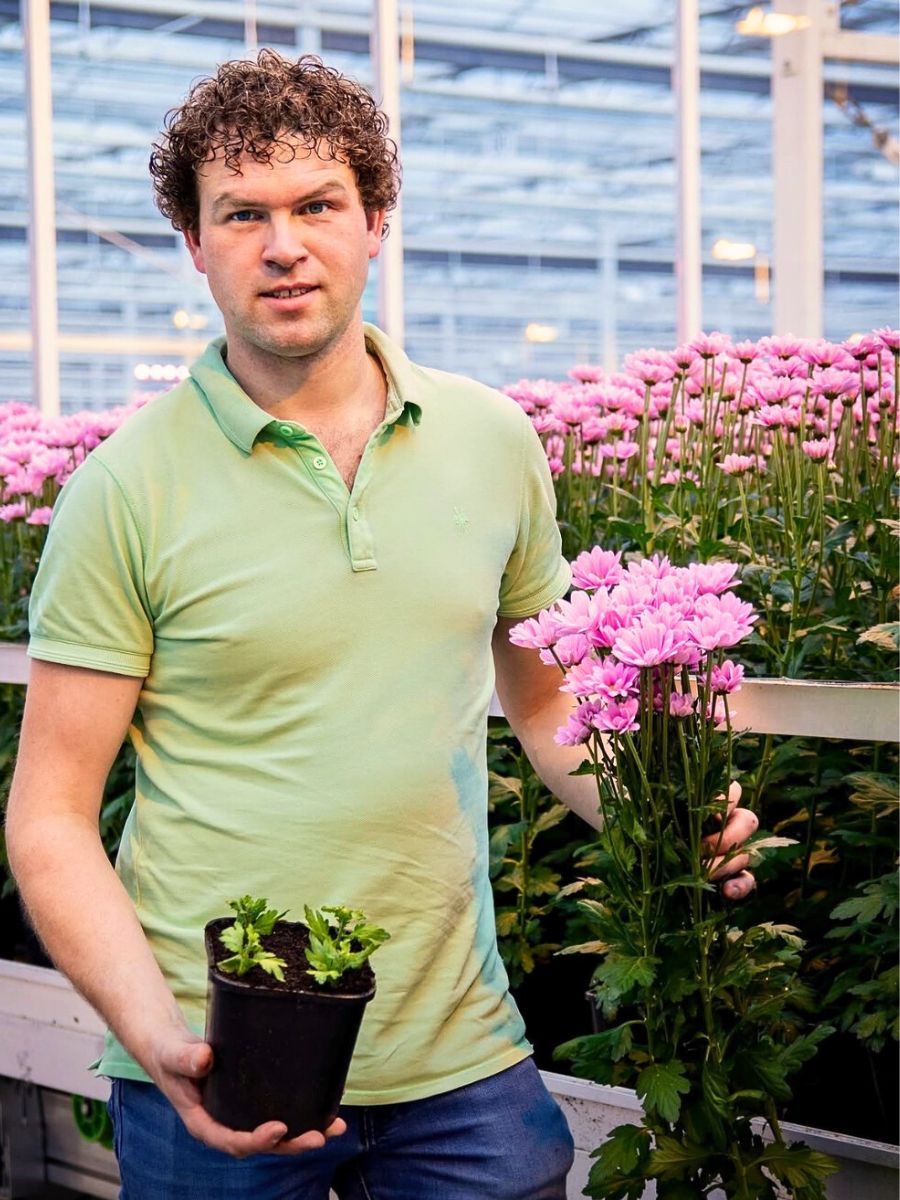
Regulatory compliance further emphasizes the importance of economic sustainability for the floriculture industry. Across the world, governments continue implementing stricter regulations regarding agricultural practices, particularly concerning pesticide use, water consumption, and environmental impact. Flower businesses that adopt economically sustainable approaches easily comply with these evolving requirements, avoiding potential penalties while enhancing their reputational standing among stakeholders. Their preemptive stance toward regulatory compliance mitigates legal risks while demonstrating corporate responsibility that resonates with consumers, investors, and potential business partners.
Implementing Economic Sustainability in the Flower Industry
Achieving economic sustainability in floriculture requires a transformative approach—one that rethinks every stage of the value chain. Its success requires integrated strategies that span the entire value chain. Resource efficiency forms its bedrock. Floriculture businesses can invest in technologies like precision agriculture, which uses sensors and data analytics to optimize water, fertilizer, and energy use. For example, automated greenhouse systems can adjust temperature and humidity in real time, reducing energy waste.
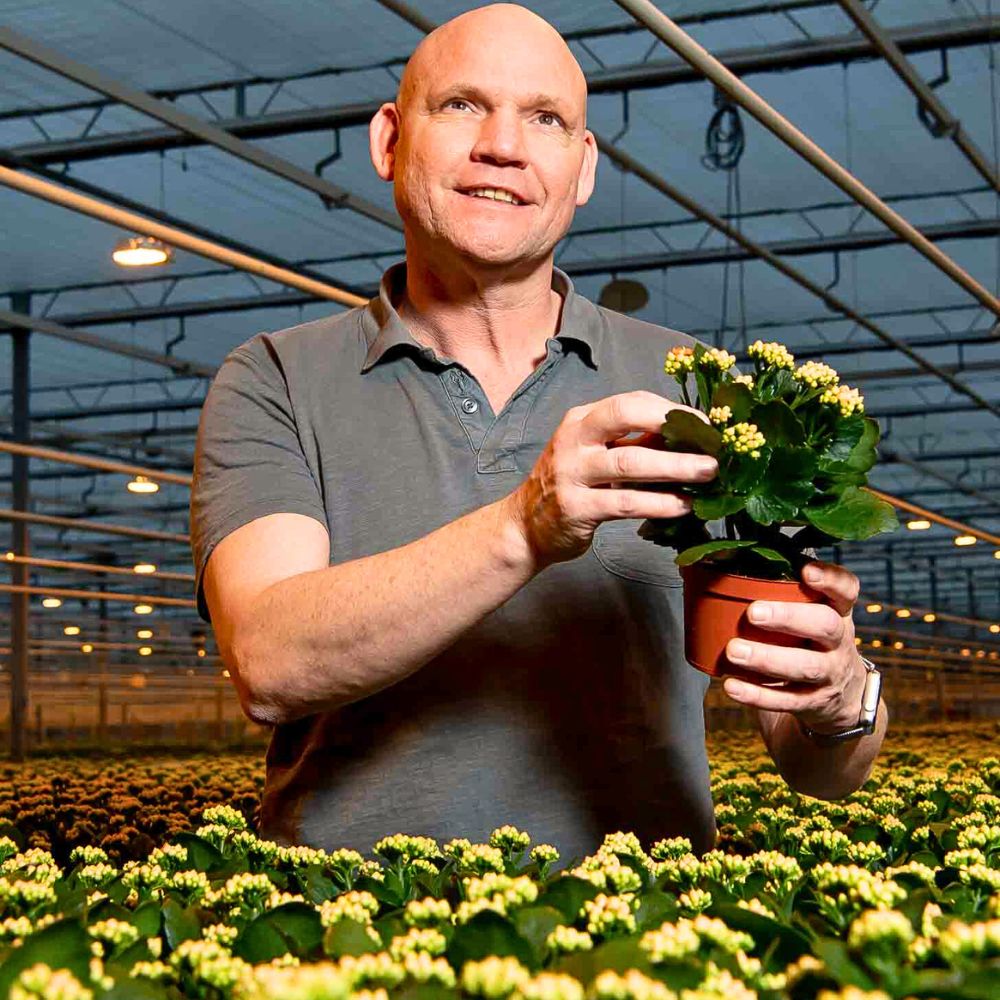
Technological innovation is also a key catalyst for economic sustainability in flower production. Advanced growing techniques, precision agriculture technologies, and digital monitoring systems significantly improve resource efficiency while reducing operational costs. For instance, implementing energy-efficient technologies and renewable energy sources can substantially decrease energy expenses while minimizing environmental impact. Similarly, water conservation technologies like drip irrigation and rainwater harvesting systems reduce consumption and associated costs.
Similarly, adopting circular economy principles—such as composting floral waste into organic fertilizer—turns by-products into valuable inputs, closes the loop on resource use. Many floriculture businesses have adopted these comprehensive approaches and even deploy biodegradable packaging materials. Such practices not only minimize environmental impact but also create operational efficiencies that improve financial performance. Transforming waste streams into valuable resources through circular economy principles means that flower businesses can reduce disposal costs while potentially generating additional value from materials previously considered expendable.
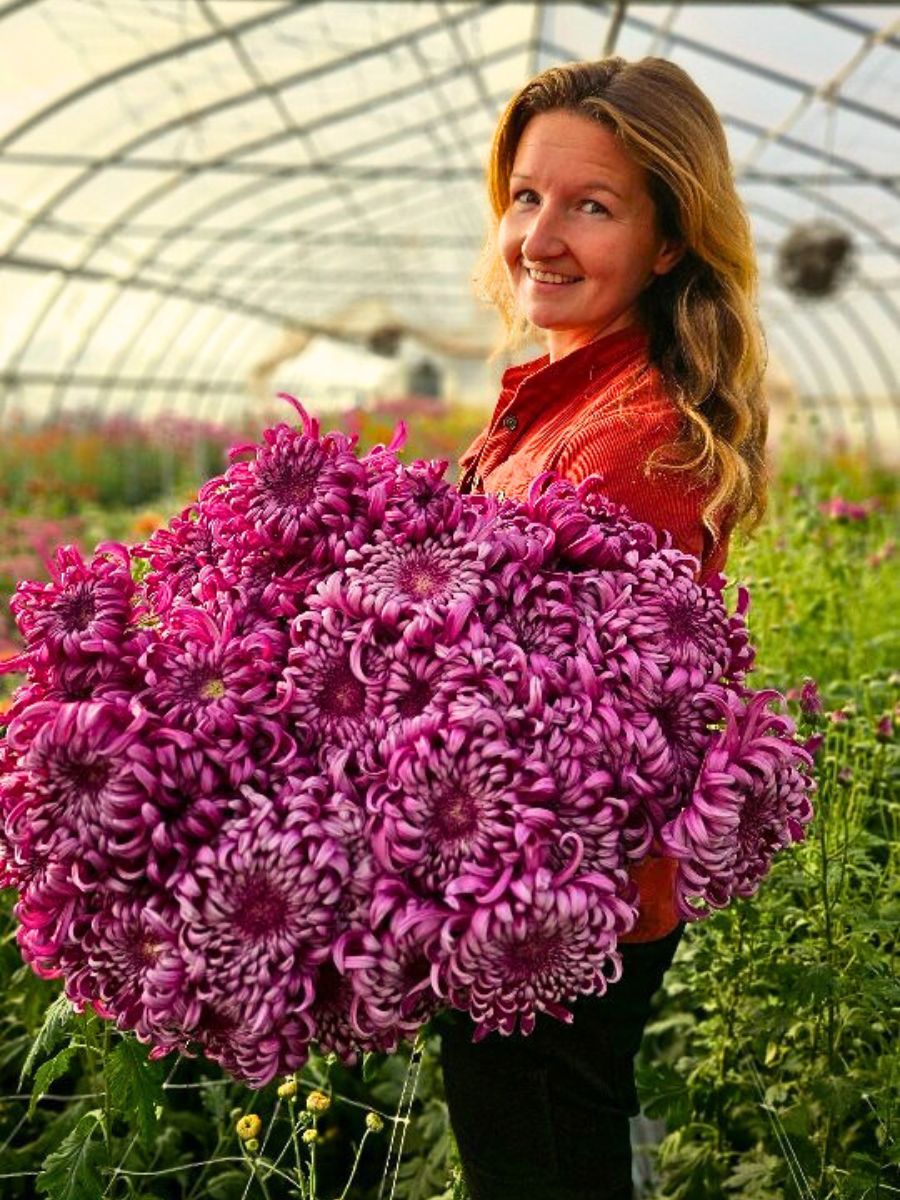
Diversification of product offerings represents another effective approach, enabling businesses to mitigate risks associated with market fluctuations and seasonal demand patterns. Floriculture companies cultivating diverse flower varieties and developing complementary products establish multiple revenue streams that enhance financial stability. This diversification strategy protects against losses that might otherwise devastate operations concentrated on limited product lines, which in turn creates economic resilience.
Strengthening supply chain resilience, likewise, presents another approach. Global floriculture supply chains are often fragmented, leading to inefficiencies and vulnerabilities. Diversifying sourcing and distribution networks can mitigate risks. For instance, a floriculture company reliant on a single region for roses might partner with farms in different climatic zones to ensure a consistent supply amid weather disruptions. Localizing production where feasible also reduces transportation costs and emissions and supports regional economies.
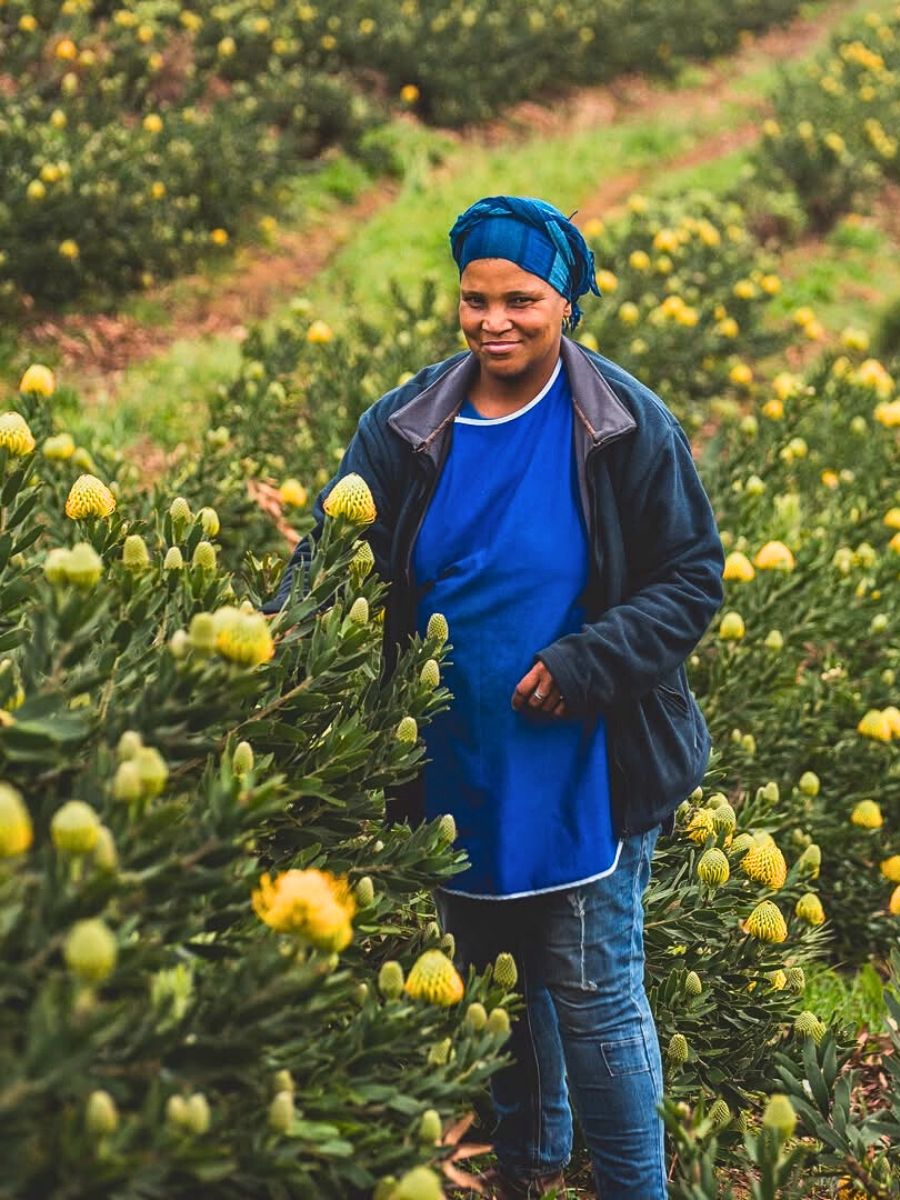
One could also think of prioritizing ethical labor practices as another approach. A sustainable floriculture industry cannot thrive without fair treatment of workers. Flower companies should conduct regular audits to ensure compliance with labor laws and international standards like Fairtrade or the Ethical Trading Initiative. Away from compliance, nurturing worker well-being through initiatives like healthcare access, childcare support, and profit-sharing models creates a motivated workforce. Moreover, empowering smallholder growers through cooperatives can also democratize access to markets and financing.
Moreover, modern consumers increasingly demand transparency about the origins and impacts of their purchases. Floriculture businesses can leverage certifications, like Rainforest Alliance or Florverde Sustainable Flowers, to show their commitment to sustainability. Digital tools like blockchain-enabled traceability systems allow customers to scan a QR code and learn about a flower’s journey from farm to retailer, while educating consumers about the value of sustainably-grown flowers, through marketing campaigns or in-store signage, can justify premium pricing and build brand loyalty.
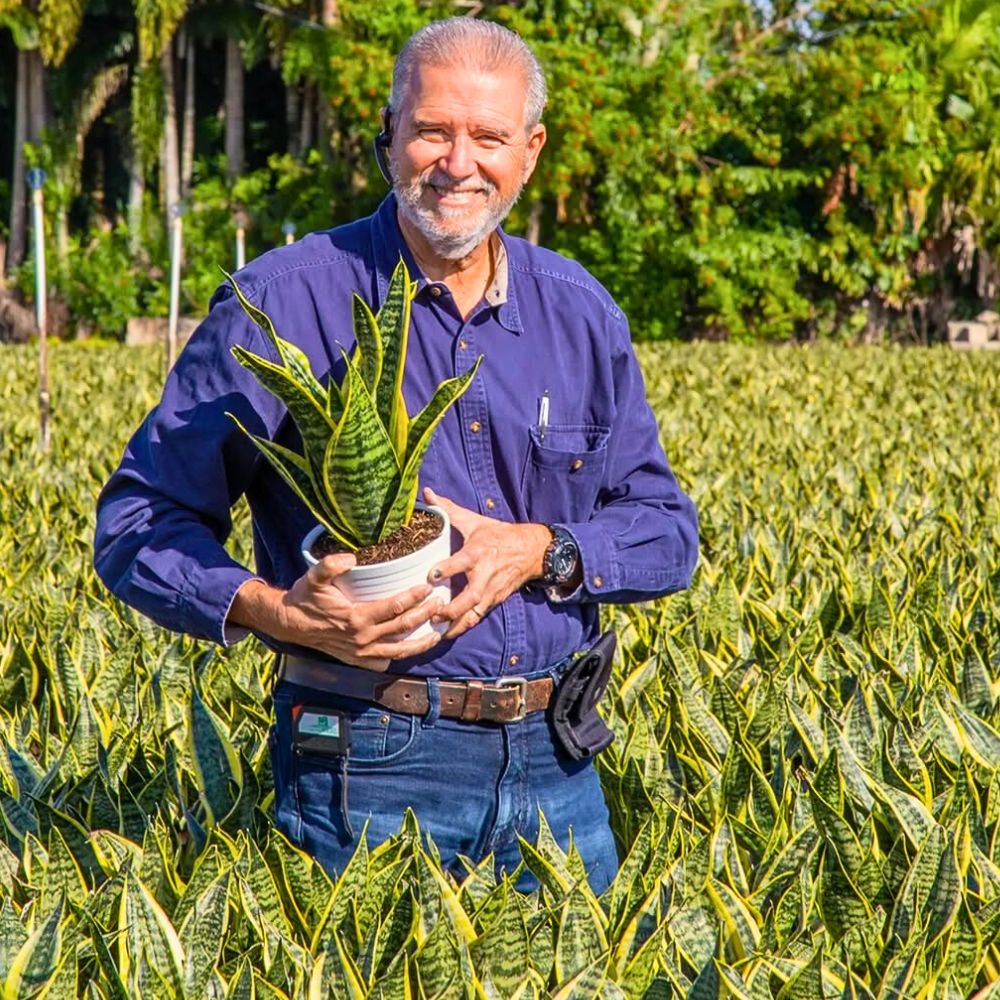
What’s more, available certification programs provide structured frameworks for implementing economic sustainability in the flower industry. The FSI Basket of Standards is a verified, independent reference for responsible sourcing practices, covering good agricultural practices, social considerations, and environmental impacts. Compliance with these standards enables flower businesses to show their adherence to sustainability while accessing markets that demand certified products. These certifications can differentiate products in competitive marketplaces, potentially commanding premium prices from environmentally conscious consumers who increasingly seek assurance of the sustainability credentials of their floral purchases.
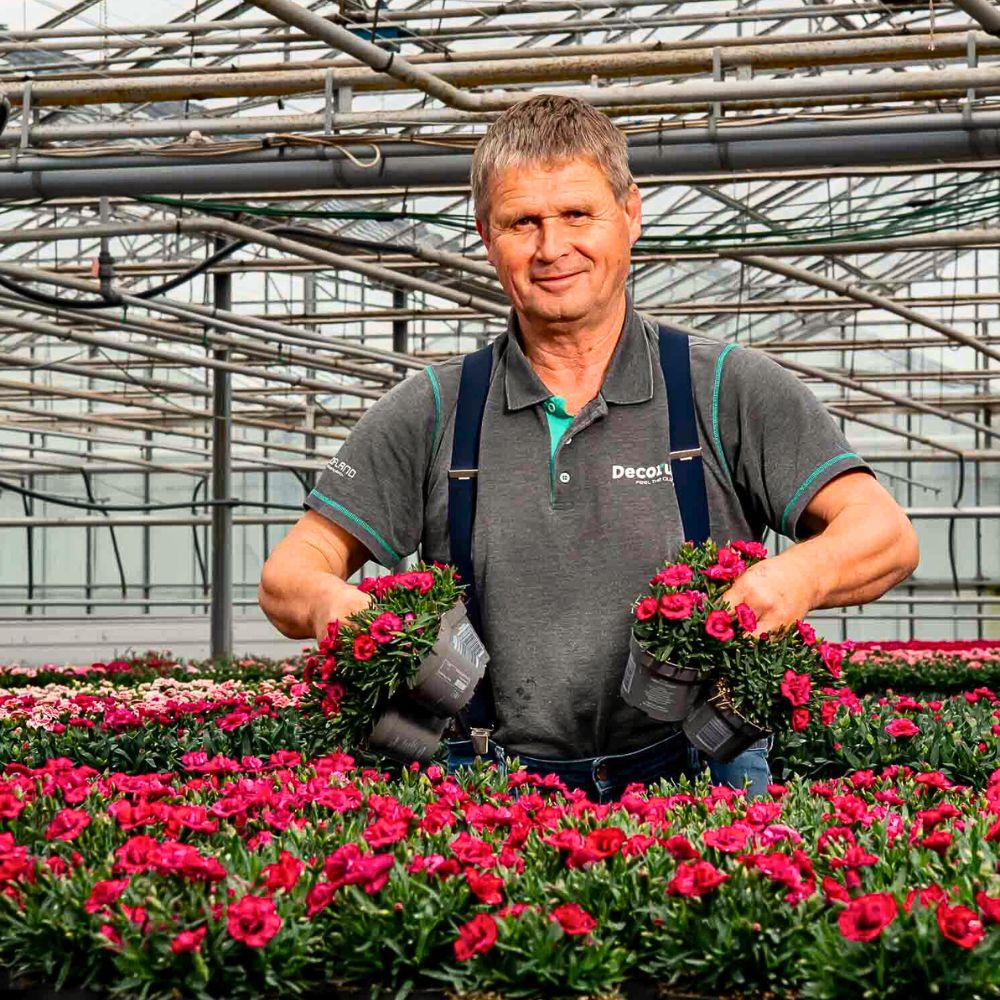
No single entity can achieve economic sustainability alone. Collaboration across sectors is vital. Thus, governments could incentivize sustainable practices through subsidies for renewable energy or tax breaks for eco-certified businesses. Industry associations can facilitate knowledge-sharing on best practices, while different institutions can provide training and advocacy. The Kenya Flower Council (KFC) has, for example, played a key role in promoting environmental and social standards among Kenyan flower growers. This has enhanced the country’s flowers’ global competitiveness.
Feature image by @royalvanzanten, header image by Decorum.

